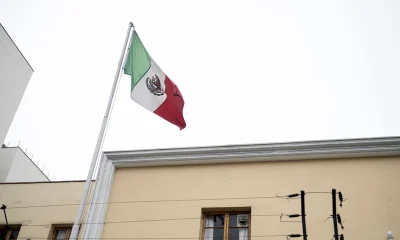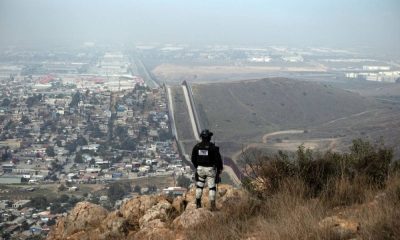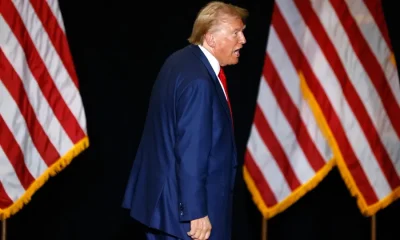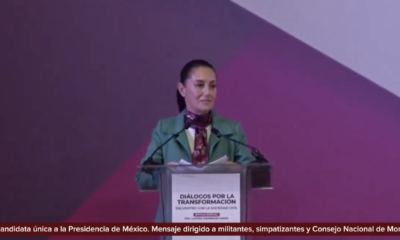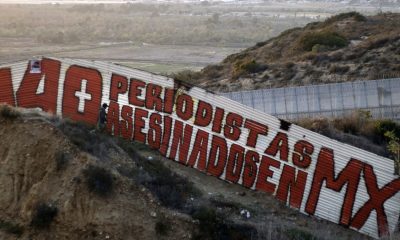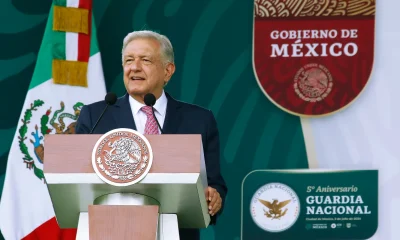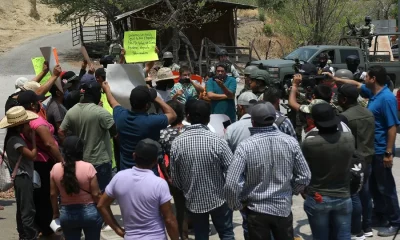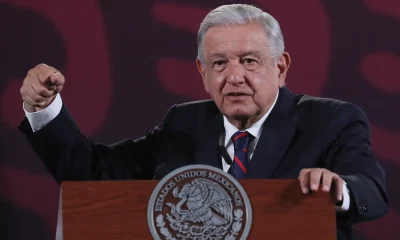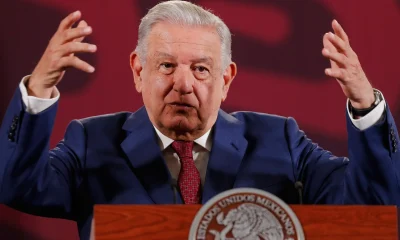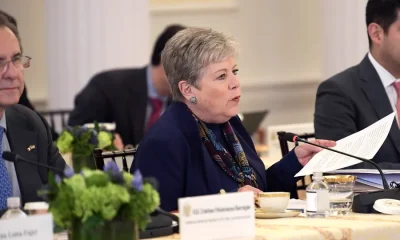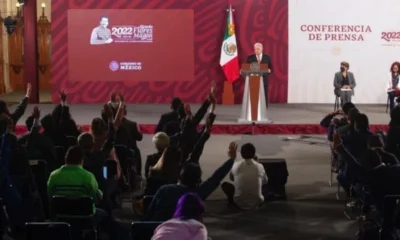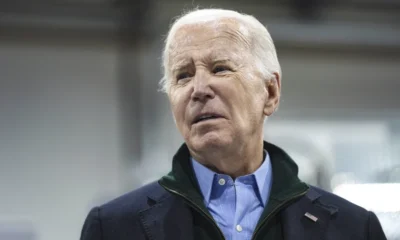International
Despite ‘Pinocchio’ success, del Toro fears for Mexican cinema
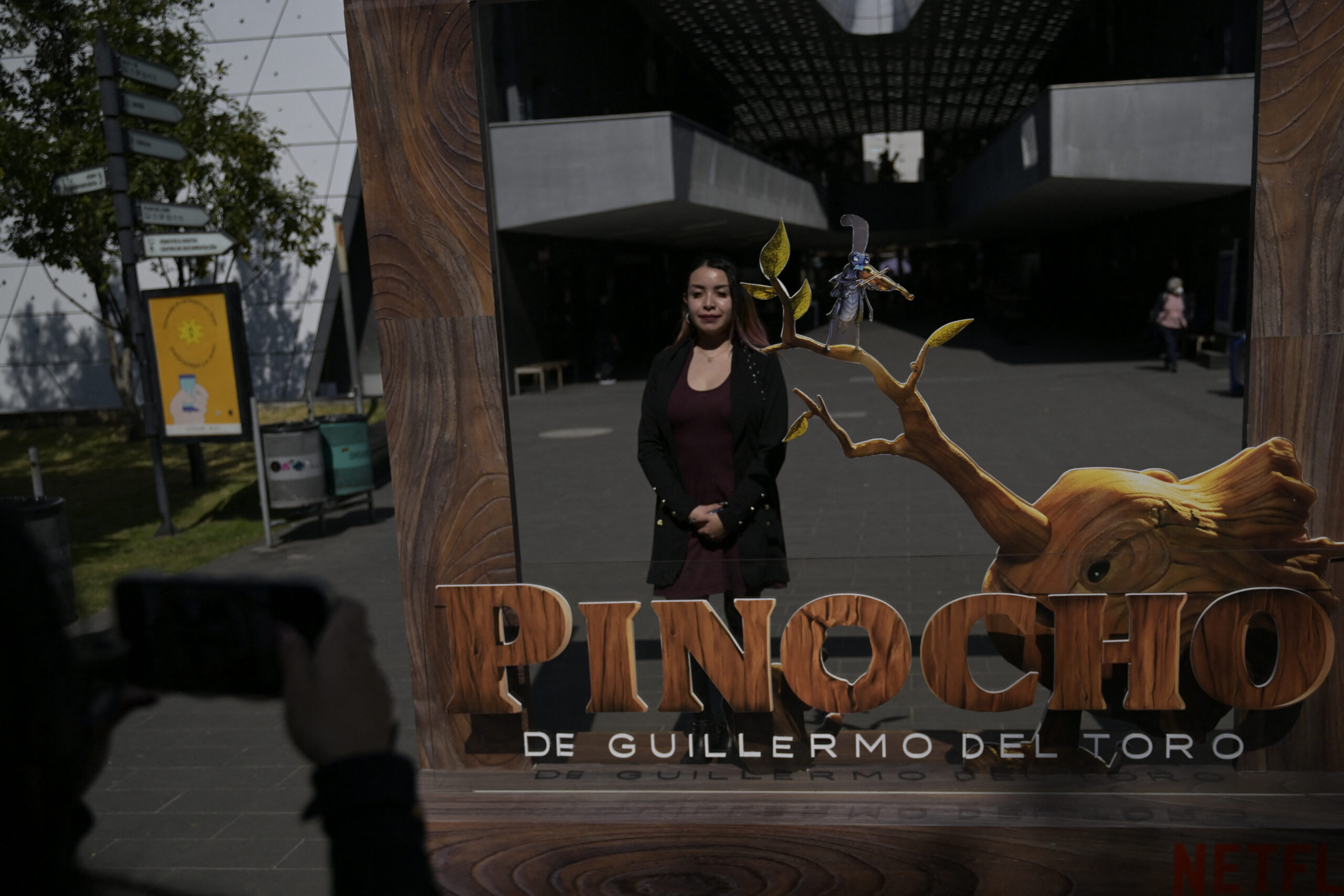
| By AFP | Samir Tounsi |
Despite his international success, including a new adaptation of the classic puppet tale “Pinocchio,” Oscar-winning Mexican director Guillermo del Toro fears that his country’s cinema industry is facing “systematic destruction.”
Del Toro’s animated version of “Pinocchio,” in which an elderly woodcarver and his living puppet find themselves in 1930s fascist Italy, was the most watched film on streaming platform Netflix in the week of December 12-18.
Its debut on December 9 came a week before the release of “Bardo,” an autobiographical tale of a journalist-filmmaker returning home after years in Los Angeles, by fellow Mexican Alejandro Gonzalez Inarritu.
Mexican actors have also enjoyed recent success in Hollywood, including Tenoch Huerta, the rising star of the sequel to “Black Panther,” the first major Black superhero movie.
Del Toro, Inarritu and Alfonso Cuaron represent a golden generation of Mexican filmmakers who have won the best director trophy at the Oscars five times since 2013.
Del Toro’s fantasy romance “The Shape of Water” earned best picture and best director at the 2018 Oscars.
The following year Cuaron scooped three golden statuettes for “Roma” — an intimate black-and-white movie about a family in turmoil in 1970s Mexico City.
‘Brutal’ destruction
But in stark contrast to the international acclaim for the trio, dubbed “The Three Amigos,” del Toro has now warned that the country’s film industry is facing “unprecedented” challenges.
“The systematic destruction of Mexican cinema and its institutions — which took decades to build — has been brutal,” he tweeted recently.
Del Toro highlighted an announcement by the Mexican Academy of Cinematographic Arts and Sciences that next year’s Ariel Awards — the country’s equivalent of the Oscars — were postponed until further notice due to a “serious financial crisis.”
The organization said it regretted that “the support of public resources has decreased considerably in recent years.
“The state, which was the motor and support of the academy for a long time, has renounced its responsibility as the main promoter and disseminator of culture in general and of cinema in particular,” it added.
Del Toro even offered to pay for the Ariel statuettes out of his own pocket.
“He’s a generous colleague, an artist who is always aware of what is happening not only with Mexican cinematography but with the arts in general in the country,” said Academy president Leticia Huijara.
She would, however, prefer an agreement with the state.
In the meantime, the Ariels have been postponed, Huijara confirmed to AFP.
Promoting Indigenous film
Maria Novaro, the general manager of the Mexican Film Institute (Imcine), a government agency, thinks the warnings are exaggerated.
“Del Toro says that there is no more Mexican cinema in the year when there have never been so many productions,” she said, hailing a “record” 256 films in 2021.
“And 56 percent received support from public money. Imcine devotes 900 million pesos ($45 million) a year to financing Mexican cinema,” said Novaro.
“It’s good that Netflix produces a lot of content in Mexico. But it does not replace what Imcine does,” she added.
Mexican cinema enjoyed a golden age between the 1930s and 1950s, featuring movie stars such as Dolores del Rio and Pedro Armendariz.
But the industry went through a quiet period before enjoying a revival, helped in recent years by the success of “The Three Amigos.”
Mexican cinema has now become decentralized and diversified, according to Novaro, mirroring President Andres Manuel Lopez Obrador’s priorities to help impoverished and Indigenous Mexicans.
Since 2019, there has been a program to encourage Indigenous and Afro-descendant cinema, with 56 such films in production, Novaro said.
“Films are starting to come out that tell about migration from the perspective of Indigenous migrants themselves,” she added.
International
Winter Storm Fern Leaves 30 Dead and Over One Million Without Power Across the U.S.
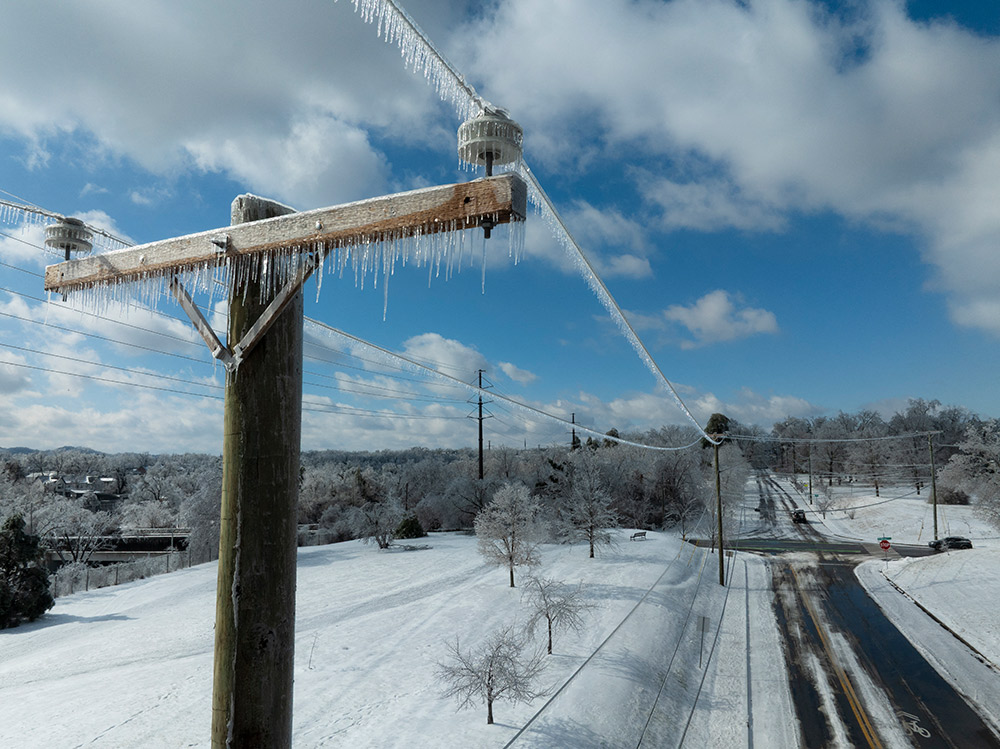
The massive winter storm Fern, bringing polar temperatures, battered large portions of the United States for a third consecutive day on Monday, leaving at least 30 people dead, more than one million households without electricity, and thousands of flights grounded.
In the Great Lakes region, residents awoke to extreme cold, with temperatures dropping below -20°C. Forecasts indicate that conditions are expected to worsen in the coming days as an Arctic air mass moves south, particularly across the northern Great Plains and other central regions, where wind chills could plunge to -45°C, temperatures capable of causing frostbite within minutes.
Across the country, heavy snowfall exceeding 30 centimeters in roughly 20 states triggered widespread power outages. According to PowerOutage.com, nearly 800,000 customers remained without electricity on Monday morning, most of them in the southern United States.
In Tennessee, where ice brought down power lines, approximately 250,000 customers were still without power. Outages also affected more than 150,000 customers in Mississippi and over 100,000 in Louisiana, as utility crews struggled to restore service amid dangerous conditions.
International
Spain approves plan to regularize up to 500,000 migrants in Historic Shift

In November 2024, Spanish Prime Minister Pedro Sánchez announced a reform of the country’s immigration regulations aimed at regularizing 300,000 migrants per year over a three-year period, in an effort to counter population aging in a country where births have fallen by 25.6% since 2014, according to official data.
Going against the trend in much of Europe, Spain’s left-wing government has now approved an exceptional migrant regularization plan that could benefit up to 500,000 people, most of them from Latin America.
The measure will allow the regularization of around “half a million people” who have been living in Spain for at least five months, arrived before December 31, 2025, and have no criminal record, Migration Minister Elma Saiz explained on public television.
The plan, approved on Tuesday by the Council of Ministers, establishes that applications will be processed between April and June 30, enabling beneficiaries to work in any sector and anywhere in the country, Saiz said.
“Today is a historic day for our country. We are strengthening a migration model based on human rights, integration, and one that is compatible with economic growth and social cohesion,” the minister later stated at a press conference.
The socialist government of Pedro Sánchez stands out within the European Union for its migration policy, contrasting with the tightening of immigration measures across much of the bloc amid pressure from far-right movements.
Central America
Honduras swears in conservative president Asfura after disputed election

Conservative politician Nasry Asfura assumed the presidency of Honduras on Tuesday with an agenda closely aligned with the United States, a shift that could strain the country’s relationship with China as he seeks to confront the economic and security challenges facing the poorest and most violent nation in Central America.
Asfura’s rise to power, backed by U.S. President Donald Trump, marks the end of four years of left-wing rule and secures Trump another regional ally amid the advance of conservative governments in Chile, Bolivia, Peru, and Argentina.
The 67-year-old former mayor and construction businessman was sworn in during an austere ceremony at the National Congress, following a tightly contested election marred by opposition allegations of fraud and Trump’s threat to cut U.S. aid if his preferred candidate did not prevail.
Grateful for Washington’s support, Asfura—who is of Palestinian descent—traveled to the United States to meet with Secretary of State Marco Rubio, before visiting Israeli Prime Minister Benjamin Netanyahu.
“We need to strengthen relations with our most important trading partner,” Asfura said after being declared the winner of the November 30 election by a narrow margin, following a tense vote count that lasted just over three weeks.
-

 Central America4 days ago
Central America4 days agoGuatemala’s president rules out negotiations with inmates after prison riots
-

 International3 days ago
International3 days agoTrump-Era Defense Plan Prioritizes Border Security and Scales Back Global Commitments
-

 Internacionales4 days ago
Internacionales4 days agoMajor winter storm threatens “catastrophic” ice and snow across much of the U.S.
-

 Central America1 day ago
Central America1 day agoGuatemala seizes over a ton of cocaine hidden in flour at Pacific port
-

 International3 days ago
International3 days agoBogotá and Quito Seek Dialogue After Tariffs and Power Cut Escalate Tensions
-

 International4 days ago
International4 days agoGuatemala considers sending high-risk gang members to military prisons
-

 International2 days ago
International2 days agoDelcy Rodríguez seeks political agreements after Maduro’s ouster
-

 International1 day ago
International1 day agoHistoric snowstorm paralyzes Toronto after 60 centimeters of snow
-

 International2 days ago
International2 days agoFederal immigration agents kill man in Minneapolis, sparking protests and outrage
-

 International4 days ago
International4 days agoRights group says over 5,000 killed in Iran protests, mostly civilians
-

 International1 day ago
International1 day agoSpain’s irregular migrant population rises to 840,000, study finds
-

 International1 day ago
International1 day agoRights group says nearly 6,000 killed in Iran protest crackdown
-

 International1 day ago
International1 day agoVenezuela frees at least 80 political prisoners, NGO says
-

 International1 day ago
International1 day agoEU launches new probe into X over AI-generated fake nude images
-

 International1 day ago
International1 day agoSevere winter storm grips U.S., leaves multiple dead as extreme cold persists
-

 International1 day ago
International1 day agoFrance debates ban on social media for children under 15
-

 Central America1 hour ago
Central America1 hour agoHonduras swears in conservative president Asfura after disputed election
-

 Sin categoría47 minutes ago
Sin categoría47 minutes agoEight Killed in Series of Armed Attacks in Ecuador’s Manabí Province
-

 Sin categoría59 minutes ago
Sin categoría59 minutes agoEl Salvador Launches Fourth Year of Ocean Mission to Protect Marine Ecosystems
-

 Central America1 hour ago
Central America1 hour agoBukele leads public trust rankings as UCA survey highlights gains in security
-

 International1 hour ago
International1 hour agoDoomsday clock moves to 85 seconds before midnight amid rising global risks
-

 International1 hour ago
International1 hour agoSpain approves plan to regularize up to 500,000 migrants in Historic Shift
-

 International54 minutes ago
International54 minutes agoWinter Storm Fern Leaves 30 Dead and Over One Million Without Power Across the U.S.
-

 Central America52 minutes ago
Central America52 minutes agoGuatemala Police Arrest Prison Guard Caught in the Act of Extortion

























